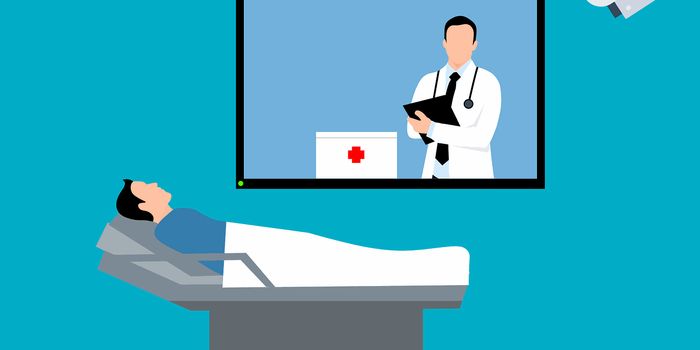Older Adults And Sleep Deprivation
Getting a good night's sleep is a crucial part of staying healthy. Sleep deprivation doesn't just mean staying up all night; it can mean interrupted sleep, trouble falling asleep and not getting into a deep sleep that restores the body. A new poll shows that older adults are especially troubled by sleep issues. The results of that poll point to a severe problem for the elderly.
According to the National Poll on Healthy Aging, almost a third of adults over the age of 65 take medication to help them sleep. Surprisingly, the older people who took part in the poll admitted that while sleep was a problem for them, most had not brought the issue up to their doctors. Close to 50% of those surveyed thought that losing sleep and having problems getting rest was just another issue that comes along with getting older. That isn't the case, however.
The poll was undertaken by researchers at the University of Michigan Institute for Healthcare Policy and Innovation. While it might seem an easy solution to take an over-the-counter sleep aid, many elderly people are already taking prescription medications for other health issues. Adding a sleep aid to this mix, even one that is "all natural" can cause drug interactions and side effects that are potentially very dangerous. Also, prescription sleep aids that are ordered by a doctor can have unpleasant results. Currently, FDA guidelines contain warnings about anyone over the age of 65 taking prescription sleep aids. While FDA warnings caution that sleep medications are only for short-term use, many older adults reported using them for three or more nights a week, every week for years.
Preeti Malani, M.D., a University of Michigan professor who is board certified in geriatric medicine and who directed the poll, explained, "Although sleep problems can happen at any age, and for many reasons, they can't be cured by taking a pill, either prescription, over-the-counter or herbal, no matter what the ads on TV say. Some of these medications can create big concerns for older adults, from falls and memory issues to confusion and constipation," even if they're sold without a prescription. The first step for anyone having trouble sleeping on a regular basis should be to talk to a doctor about it. Our poll shows that nearly two-thirds of those who did so got helpful advice -- but a large percentage of those with sleep problems simply weren't talking about it."
Having trouble sleeping isn't always the main concern. Frequently it's a symptom of another issue. 23% of those surveyed said that their trouble falling asleep was due to chronic pain. Also, almost 40% of those who reported sleep issues rated their overall health as fair or poor, indicating that the real problem was a health concern that was impacting sleep and not an actual sleep disorder. Respondents cited other health concerns such as urinary incontinence, pain, and worry or stress as reasons for their poor sleep habits.
The most significant result of the study could arguably be called the factor of sleep deprivation as a minor medical issue. Alison Bryant, Ph.D., senior vice president of research for AARP, who sponsored the research stated, "We know that sleep is a critical factor for overall health as we age, and this new research highlights sleep problems as both a significant health issue for older adults and an underacknowledged one both by patients and their providers. We need to help people understand that lack of sleep is not just a natural part of aging." The video included here give some information about sleep issues and how they can be remedied. A healthy lifestyle consists of a proper diet, moderate exercise and enough rest to restore the body. Check out the tips below on how to achieve these goals and if you are having trouble sleeping, let your doctor know.
Sources: University of Michigan, National Poll on Health Aging, Sleep Review Magazine









